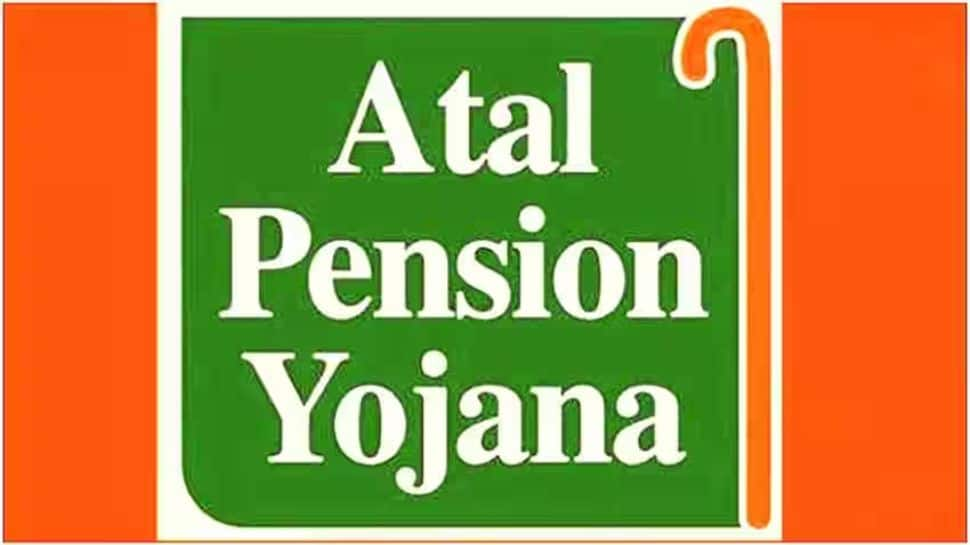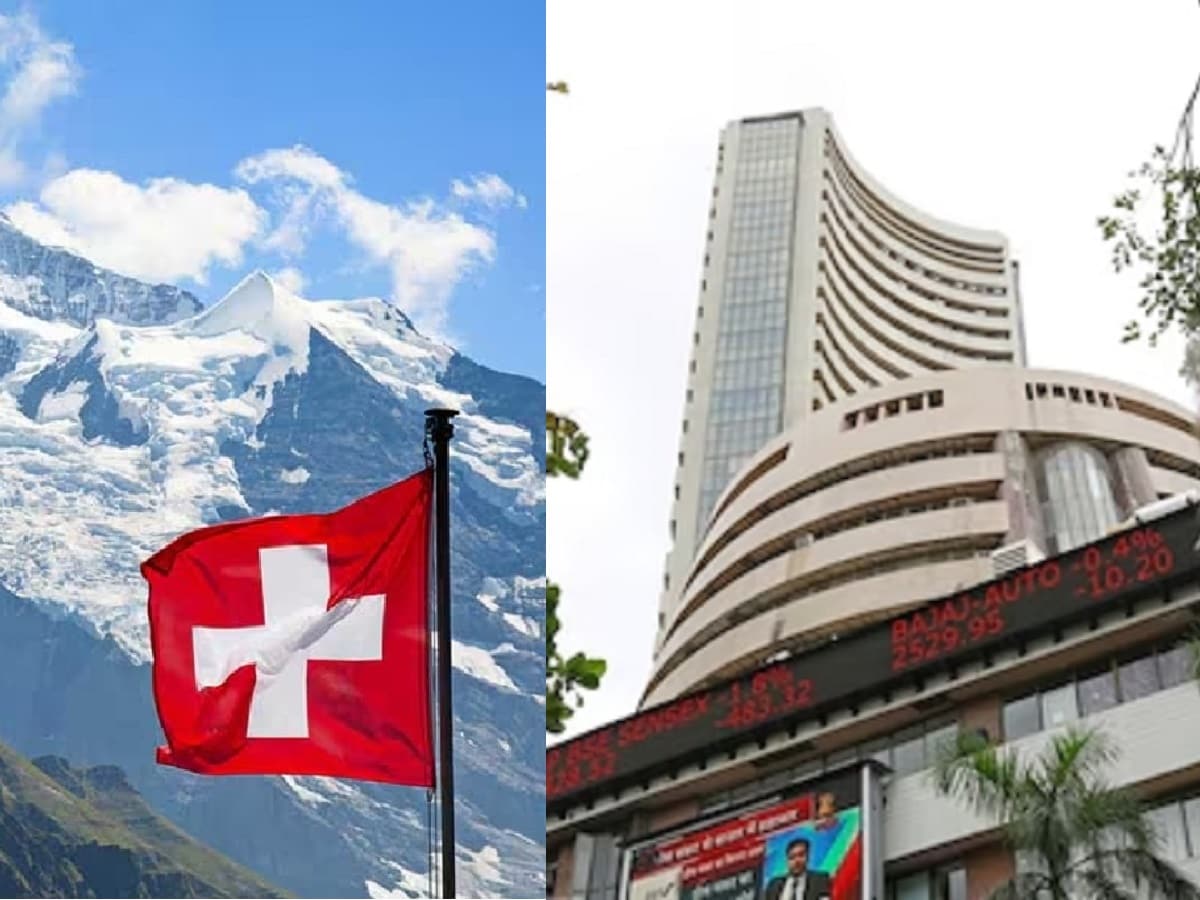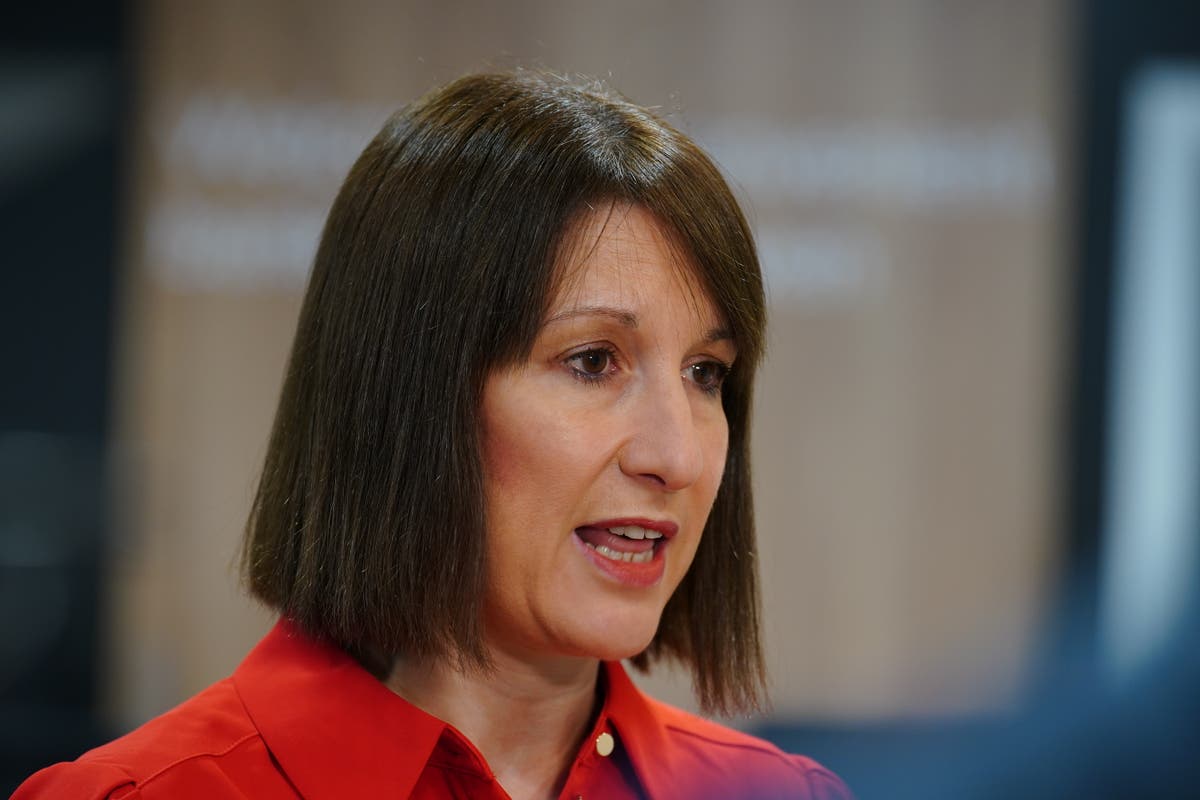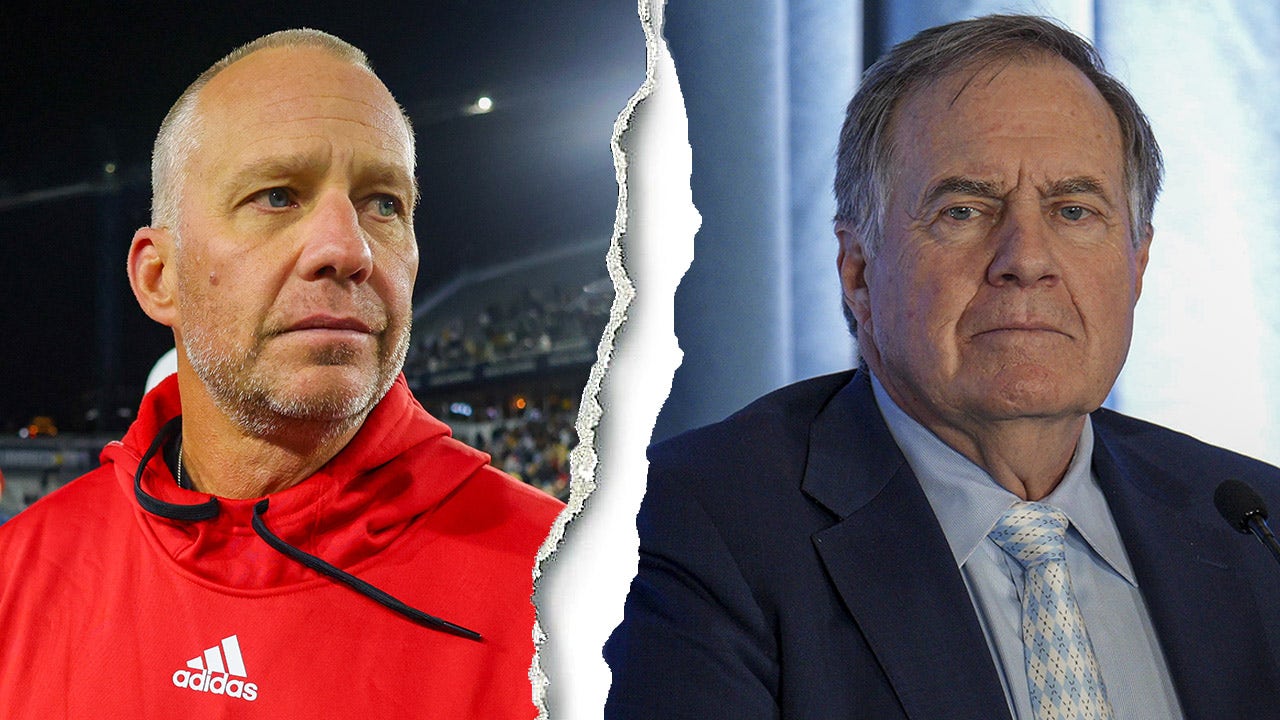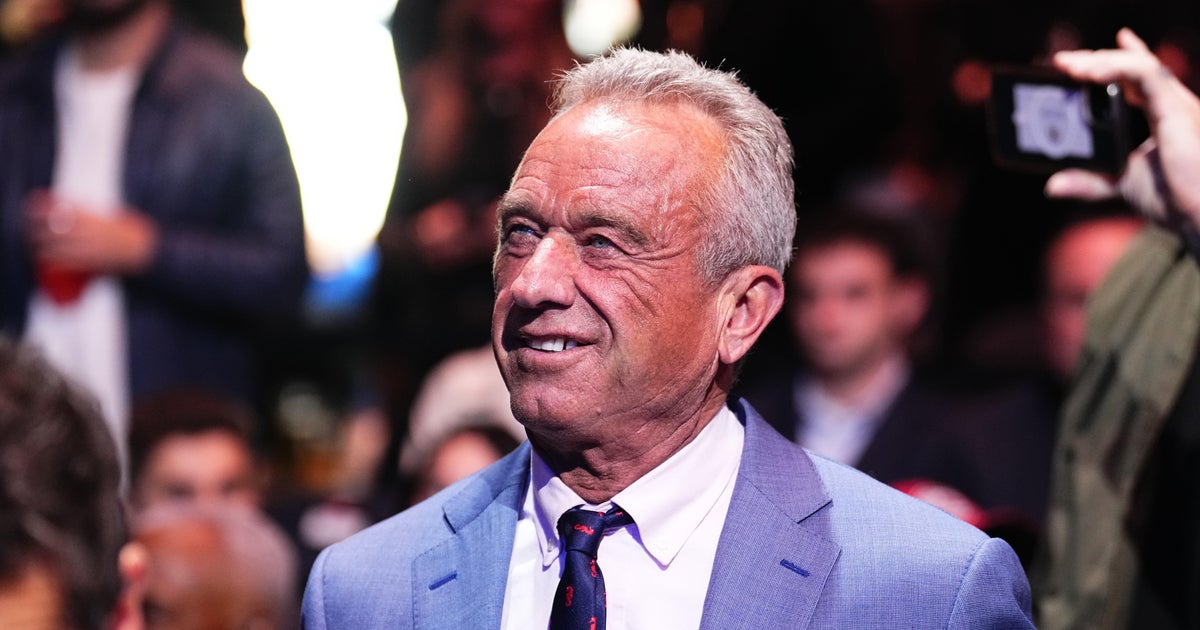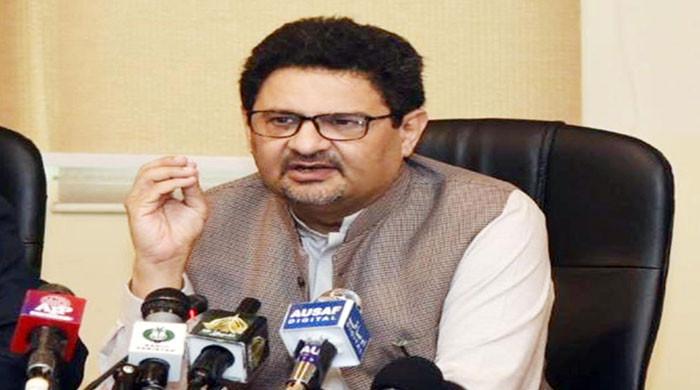Former finance minister Miftah Ismail on Saturday claimed that the caretaker government could reduce the tax burden on domestic consumers using up to 300 units of electricity.
Reacting to the countrywide protests against the inflated electricity bills, the former finance minister revealed that the incumbent government will have to get permission from the International Monetary Fund (IMF) before giving relief to those consumers who use 200 to 300 units of electricity per month.
Speaking during Geo News programme “Naya Pakistan”, Miftah said, “The IMF will agree on the bills’ issue if the government talks to the fund humbly.”
Miftah recalled, “When I was finance minister, Shehbaz Sharif directed me not to increase power tariff for those using up to 200 units.”
The former finance minister maintained that he talked to the IMF about the matter and subsequently, the international lender approved his request.
The price of electricity has reached record levels in the country, he said, adding that the government can abolish sales tax from the electricity bills but it will have to meet the tax collection target.
“If sales tax is removed from electricity bills, then where will it be collected from?”
If the government avoids imposing sales tax on property, agriculture and services sector, it will shift it to the poor, which is being done, the former minister observed.
He urged the leadership of political parties across the board to devise a strategy to collect tax from the rich, adding that taxes are not meant for just the poor.
“Contracts made in 1994 and 2002 have expired, hence, new contracts should be signed to produce cheaper electricity,” he suggested. The former finance minister also proposed privatising all the electricity distribution companies (discos) in the country.
Responding to another query, the former finance minister clarified that the caretakers were not responsible for the inflated electricity bills. He maintained that the consumers were paying for the power theft and rise in circular debt.
PM convenes meeting
Earlier today, caretaker Prime Minister Anwar-ul-Haq Kakar called for an emergency meeting at the Prime Minister’s House on Sunday to discuss the issue of rising electricity bills,
According to PM’s post on microblogging platform X — formally known as Twitter — the meeting would include briefings from the Ministry of Energy (Power Division) and distribution companies.
Consultations would also be held to provide maximum relief to consumers regarding electricity bills, according to PM Kakar.
In Karachi, the Jamaat-e-Islami (JI held demonstrations at multiple places against the skyrocketing increase in power bills and what it said overcharging on part of the K-Electric (KE).
Meanwhile, in Rawalpindi, protesters gathered at Committee Chowk and burned bills while demanding that the government abolish imposed taxes on electricity.
In Peshawar, protesters called the increase in electricity bills unbearable and demanded relief from the government.
In Gujranwala, Protesters surrounded the Gujranwala Electric Power Company office in protest against expensive electricity.
Protests were also held in other cities, including Narowal, Attock, Sargodha, and Haripur, against high power bills.
In July, the then federal cabinet gave its go-ahead to a massive increase in the base tariff of electricity by up to Rs7.50 per unit against the national average tariff determination of Rs4.96 by the power regulator National Electric Power Regulatory Authority (Nepra).
The regulator had hiked the tariff to increase revenue collection for the loss-making power distribution companies (Discos) during the current fiscal year.
According to a Nepra statement, the revised national average tariff for the 2023-24 fiscal year has been determined at Rs29.78 per unit kWh, which is Rs.4.96 per unit higher than the previously determined national average tariff of Rs24.82.
While the regulator cited the rupee’s devaluation, high inflation and interest rates, the addition of new capacities and overall low sales growth as reasons behind the increase, it was actually hiked to meet one of the conditions set by the IMF of introducing structural reforms in the energy sector.






